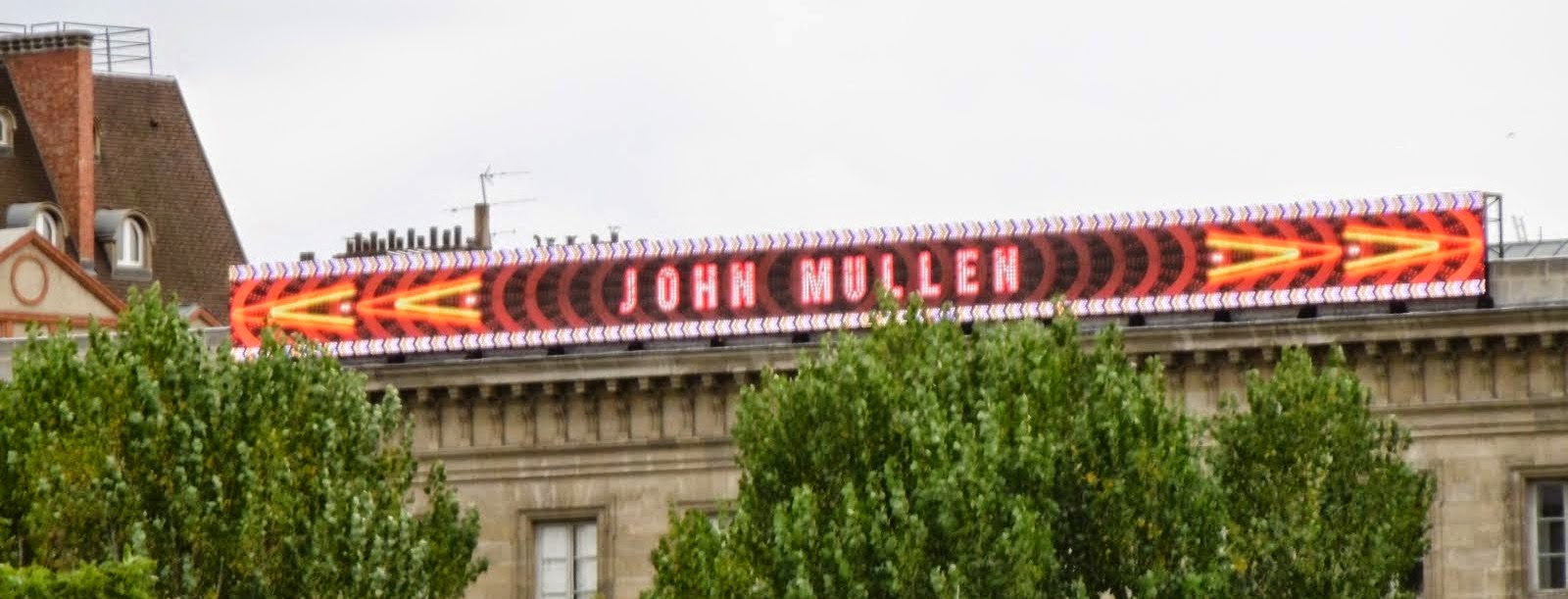Document 1
Interpretation of Heritage
Films. Extract from The British Heritage
and Colonial Film Sylvia Brand (2000)
Films of the recent heritage cycle can be read in a variety of ways. For Higson most of them seem to deal in nostalgia for an old England (Higson 1996: 238). Nostalgia is always in effect a critique of the present, which is seen as lacking something desirable situated out of reach in the past. An escape from the troubled present into the imaginary stability and grandeur of the past.
Although at the level of narratives the films note an instability, the flux in identity, the hybrid quality of Englishness, at the level of image this narrative instability is overwhelmed by an alluring spectacle of iconographic stability, providing an impression of an unchanging, traditional, and always delightful and desirable England. (Higson 1996: 239)
Tana Wollen sees the main function of heritage films in their production of a national identity. Social difference and the possibility of making connections across social boundaries, are replaced by social deference, everyone has his allotted place. We are presented with an upper-class version of the national past, secured in images of exclusive and private heritage property which depict England as once more great. We are situated in the privileged position of an idealized English identity from which the outside world is viewed from above and without engagement. In the end everyone standing outside this imaginary English unity (members of the working class, foreigners) are proved to be in a way either savage or untrustworthy (Craig 1991: 13) .
The feeling of nostalgia and national identity produced by the heritage film show us that the present popularity of these fantasy visions of an England gone by suggests that they do address very real desires: "they configure a social world entirely of human making, where individuals have the luxury of being in charge of their own destinies, where material well-being, copious leisure time, and, most important, authentic-seeming community all coexist together" (Hipsky 1994: 106).
Finally we shouldn′t forget that these films have other sources of enjoyment beside creating a nostalgia for an idealized old England and a national identity. The heritage films delight the audience in a way Hipsky calls "quite refreshing" in contrast to most other commercial film productions. This includes their humour and irony and elements of romance and melodrama. They do not depend on sensationalism of sex or violence. They portray individual conflicts of identity quite convincingly and provide real characters, often very well acted. The heritage films capture the paradoxes of modern love and sexuality and they point up hypocrisies of traditional bourgeois and upper-class social conventions. (Monk 1999)
Critical Attempt
One of the key terms in the discourse of heritage film is authenticity. Tana Wollen states that although the screen cannot possibly show everything `as it really was′, the popularity of the heritage films lies, apart from their narratives and characterizations, in their claims to historical authenticity ..." (Wollen 1991: 187). Also Higson agrees that heritage film productions intend to establish the adoption of the heritage property as an authentic reproduction of the original (Higson 1995). Like in documentary film is aiming at the production of a contemporary reality, the heritage film is aiming at a reproduction of what is taken to be pre-existing historical reality.
In his criticism-led approach to national cinema Higson tends to reduce national cinema to the terms of a quality art cinema. In his opinion a culturally worthy cinema should portray a high-cultural and modernist heritage of a particular national state rather than a view which appeals to the desires and fantasies of the popular audience. (Higson ?: 37)
Many authors criticize that heritage films rewrite history, suffering from inauthenticity, excessive religiosity, hard-to-follow details and characters, romantic dream worlds, ostentatious vulgarity, and leaden scripts. Most audiences usually prefer historical films which focus on a romance or an adventure in the foreground, with the historical events serving only as the colourful backdrop. The past is displayed as visually spectacular pastiche, inviting a nostalgic gaze that resists the ironies and social critiques so often suggested narratively by these films. The authenticity of these films to the literary is also fundamentally flawed in the relationship they set up between the historical and the contemporary. We achieve a false sense of consistency by updating memories to accord with our present views, remaining unaware how much our attitudes have changed over time. (Craig 1991: 11)
The films change history to make it fit into frame of unity and wilfully naïve humanism (e.g. Henry Wilcox of the novel must for the film′s sake be made into a more morally mixed character) (Hipsky 1994: 106).
The problem with authenticity is not only concerning the heritage film but the term heritage in general. Heritage is not the same as history. Although heritage uses historical traces and tells historical tales, it relies on revealed faith rather than rational proof.
Document 2
https://enchantedbyfilm.wordpress.com/2015/04/27/british-heritage-films-a-critical-examination-of-the-concept-of-englishness/





